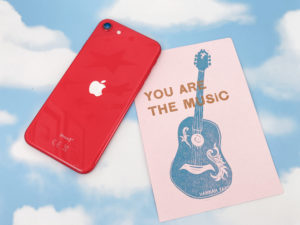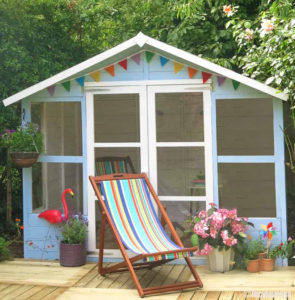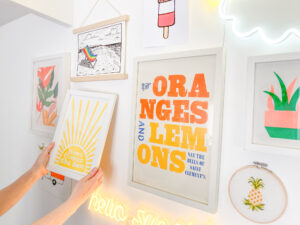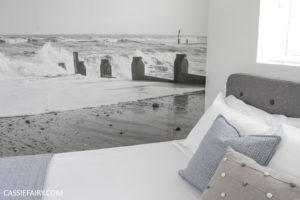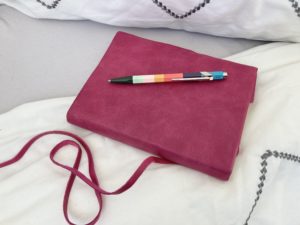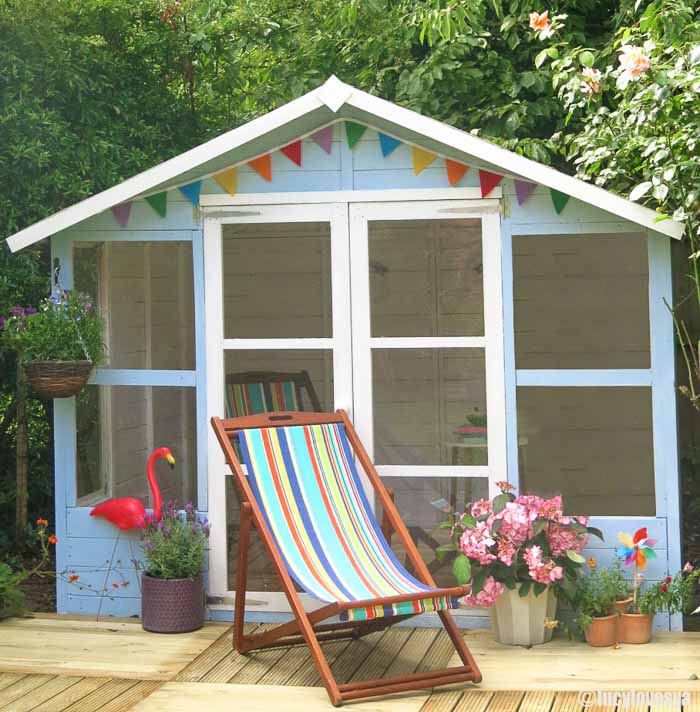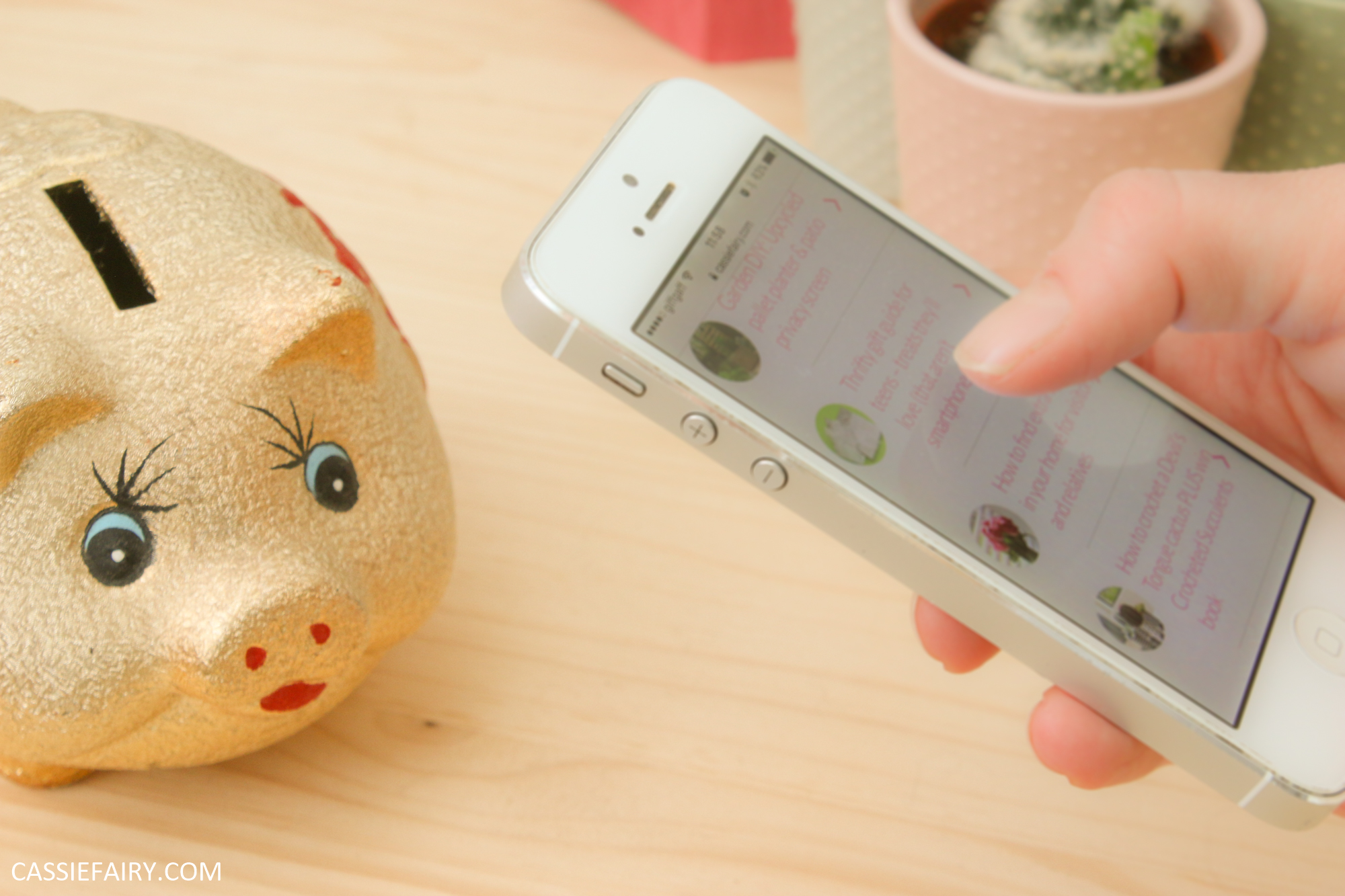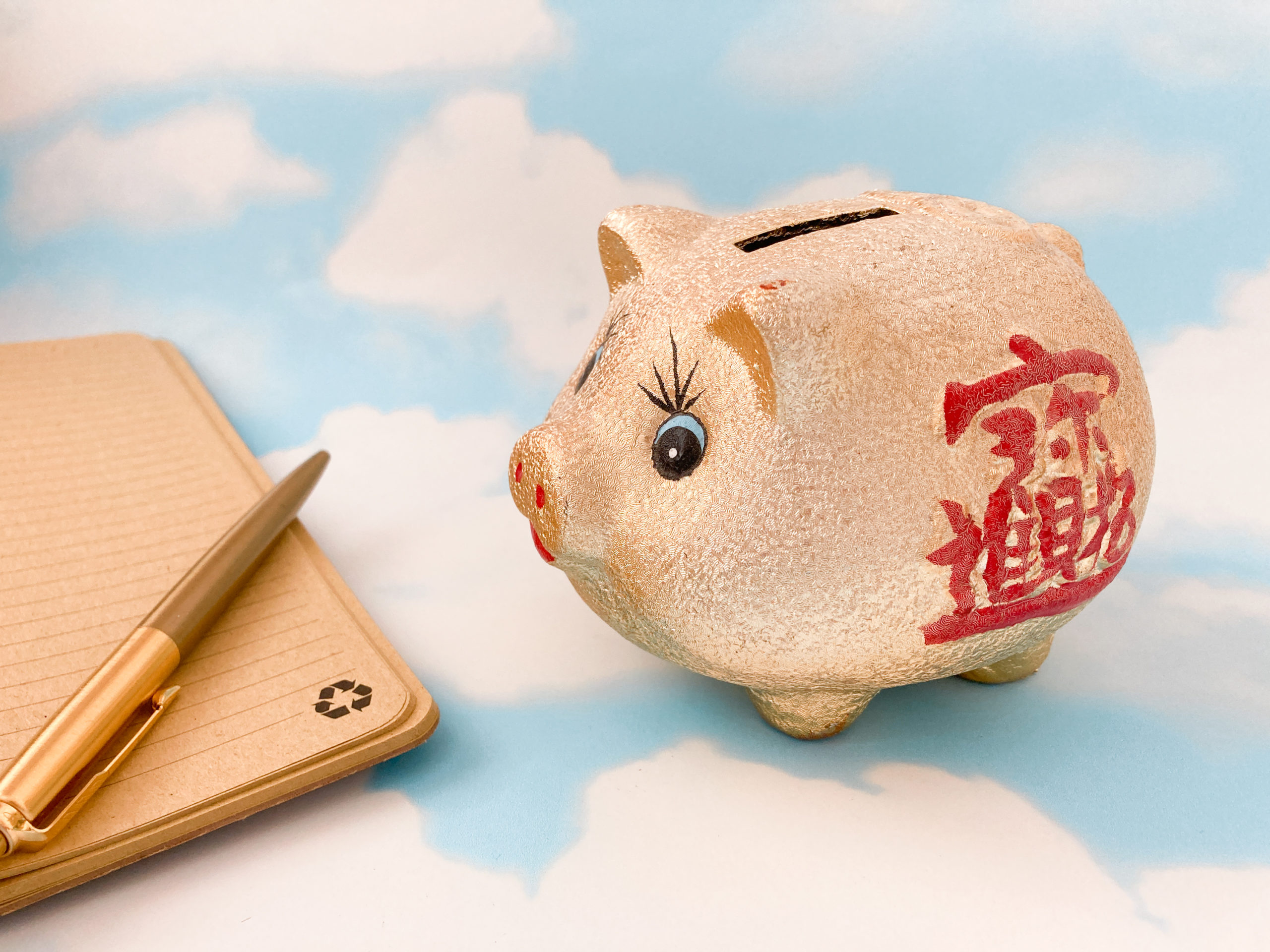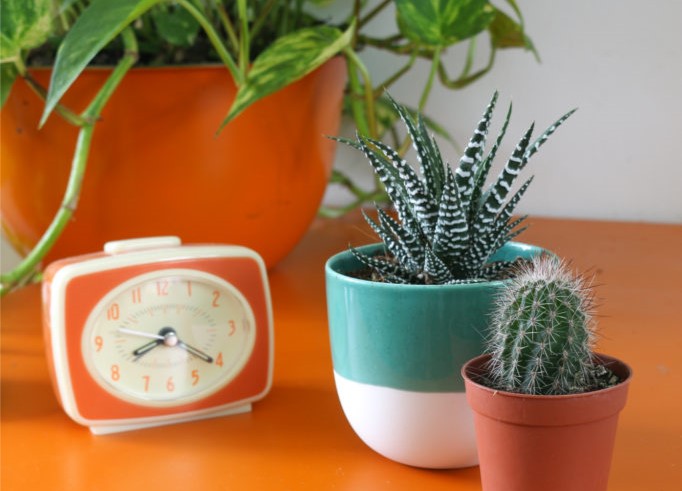
I’ve been self-employed for over a decade and can remember the joy of starting up my company – and knowing that I’m my own boss still puts a smile on my face every day. So, if you feel like you would benefit from branching out your own, its definitely worth giving it a go. That’s why I’ve put together this brief list of essentials that you’ll probably need when you’re starting out…
1. Branding
Once you’ve decided to set up your business and take the plunge into being self-employed, the next thing you’ll need to do is choose a name for your business and create your branding. This can be in the form of a logo, the choice of fonts, even the colours that you will use across all your business activities, including your website, social accounts and products.
Then, you can use those ‘brand standards’ to design your own customised business products or create the best products to sell online. If you’re selling physical products, you might need to use the logo on your packaging or to use your brand colours within the product designs you create. If you’re providing a service, you’ll be more likely to be using your branding and logo on your website and on promotional items that you can give away to clients, such as sticker sheets, pin badges – even personalised mouse pads.
Getting the branding right at the beginning is important, as it sets the tone for your whole business and it can be difficult (and costly!) to change it in the future. Some of the best business advice I’ve heard is to imagine how you would like your business to look in five years’ time and start out as you mean to go on. I must have spent hours choosing the right colours for my website and the fonts I wanted to use – and that’s before I even chose a company name. A lot of brainstorming and list-writing went into that, I can tell you!
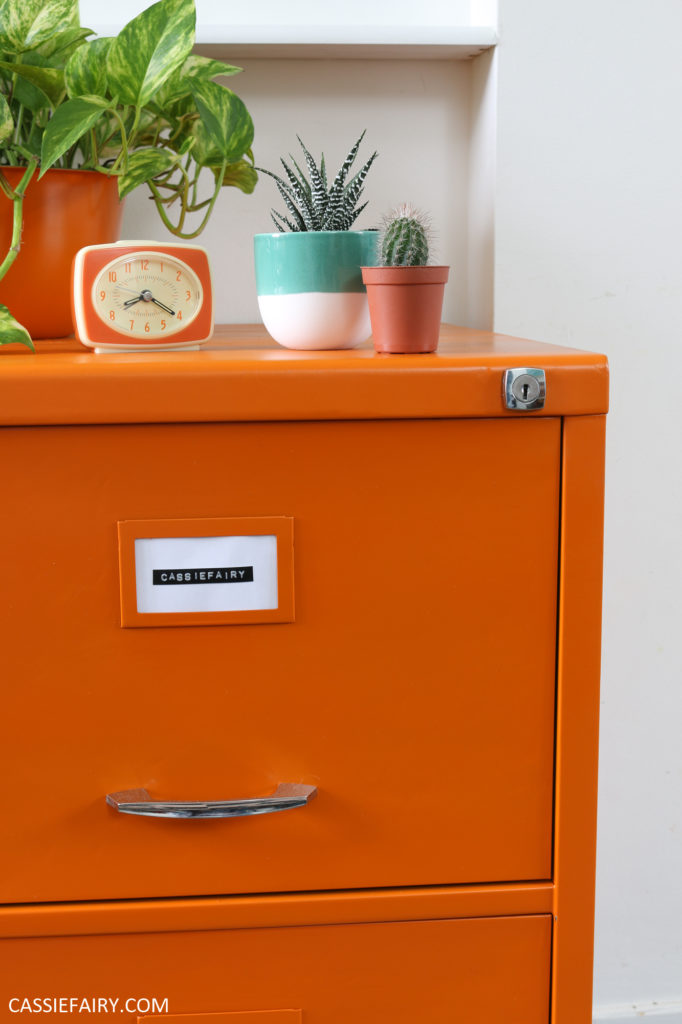
2. Business cards
Something that I made sure I had even before going freelance full-time was business cards. You never know when you might meet someone who could help your business or who you want to stay in contact with – or even someone that you can sell your product or service to. Having a business card to hand over makes it easier to introduce yourself in the first instance, it’s practically an ice-breaker in itself, which makes it useful for any networking sessions or industry events you attend.
Aside from business occasions, if you’re casually chatting with someone and discover that you could help each other with your work too, you can exchange details without it being cringey – it’s loads more awkward to ask someone for their phone number than it is to simply swap business cards. A good-quality business card can help you to stand-out and be remembered so think about the design and make sure it reflects you or your brand.

3. Income protection
One of the main factors I needed to consider when I became self-employed was that I would be solely responsible for my own income, and therefore what would happen if I needed to be off work for any reason? I began by saving up an contingency fund; a couple of months-worth of income so that I could survive any lulls while I was waiting for invoices to be paid, or to keep me afloat if I needed to take a couple of days off here and there. But for longer periods of time off, where would my money come from? Income protection insurance does what it says on the tin. It protects your income should you become unable to work due to serious injury or illness.
Upon a successful claim, an income protection policy will pay out a regular proportion of your income, just like the sick pay you would have benefited from if you had been in employment. You might be reading this as someone in their twenties, thirties or forties and thinking – do I really need this right now? Perhaps you are in great health and the chances of you becoming ill or injured feel pretty slim. But, if the COVID-19 pandemic has taught us anything, it’s that none of us are invincible. At least investigate the costs involved and weigh-up whether it would be helpful for you.
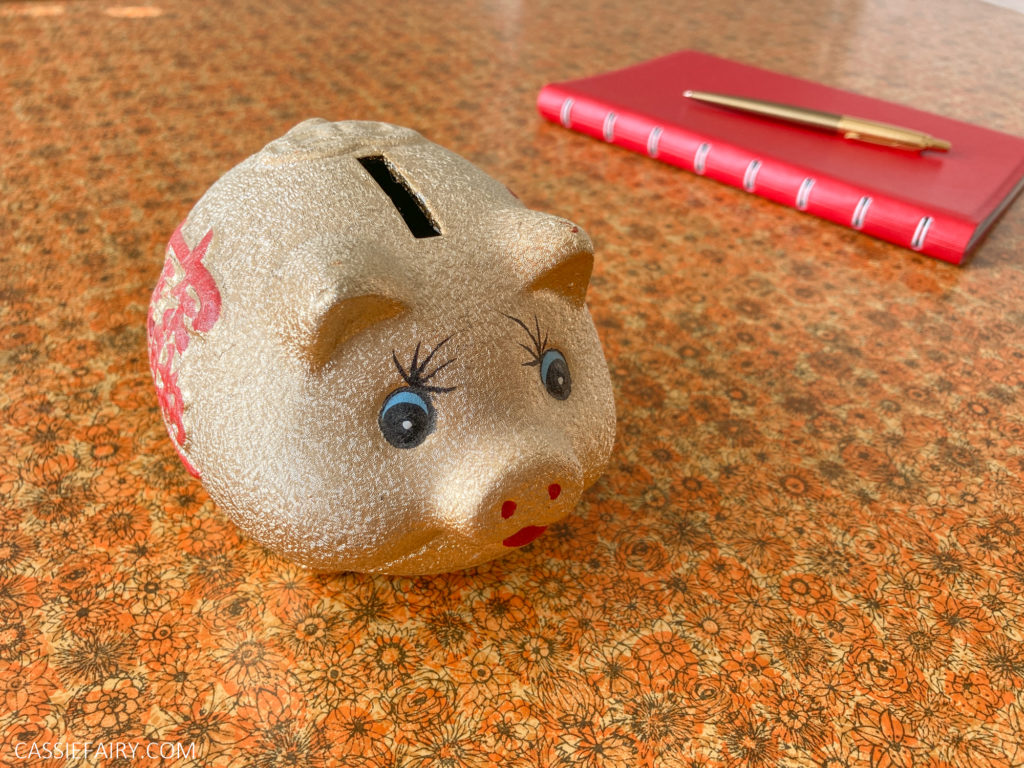
4. An ‘office’
I’m not talking about actually renting an office – although, you may well need this if you’ve got employees or stock etc. In this instance, I’m referring to a place where you do you work; somewhere that is solely for business activities that you can walk away from at the end of the working day.
I think it’s really important to separate your working life from your personal life, otherwise your business can end up taking over all of your life. It can be tempting to open up a laptop and work from the comfort of your own bed – hey, that’s the benefit of working for yourself, right? I’ve done it.
But emailing in your PJs isn’t always the best idea for a number of reasons; firstly, it’s not great for your posture. We all know about the ergonomics of a workspace and, if you’re going to be working freelance for a long time, all those months and years of working from your bed or sofa will probably amount to neck and back problems in the future.
Secondly, you don’t always feel quite as motivated if you’re lounging with your laptop rather than sat at a desk, and it can be tempting to switch to other activities like watching funny videos or playing games. Finally, you don’t have any separation between work and rest, so you may find that you start replying to work-related messages late at night or checking invoices the minute you wake up. And that’s when your business starts to take over your life in an unhealthy way.
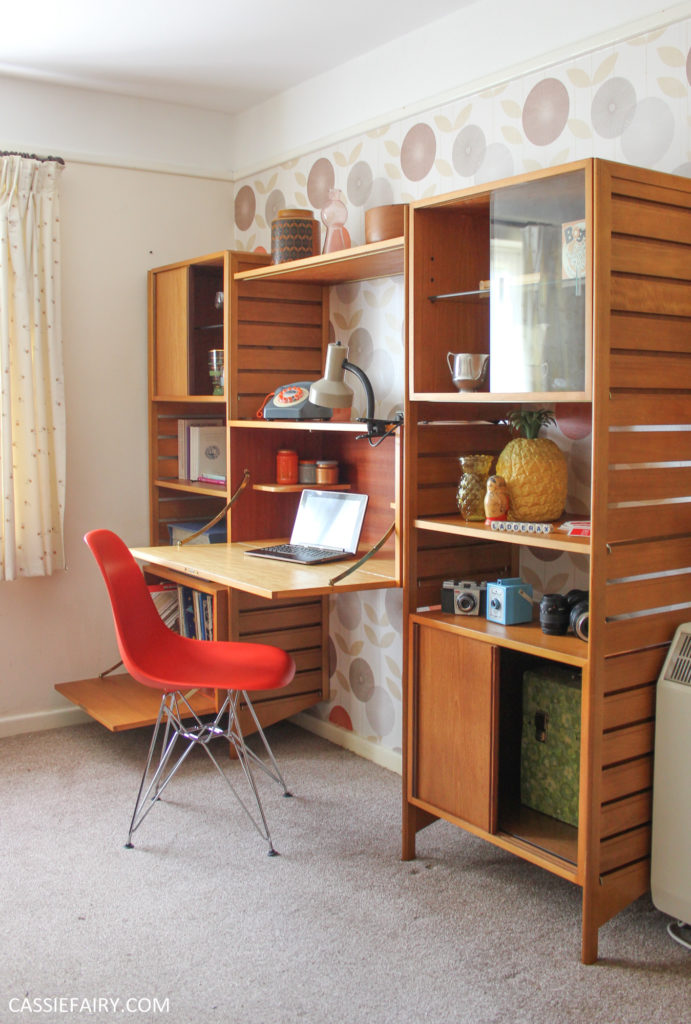
So, let’s set-up an office so that you can switch off in the evenings and have some free time for yourself. It doesn’t have to be a whole room (although closing the door at the end of the day is a wonderful feeling); it could be an alcove with some shelving and a work surface, or a bureau with cupboard doors that can be shut when you’re finished. Maybe you’ll even build a shed in your garden to use as a quiet working space, or move into a caravan like I did! Whatever you can fit into your home or garden and that suits your business requirements.
What else would you include as a business essential for new freelancers and entrepreneurs? If you’ve already set up your own business please me know what you did in the early days, and please leave your advice in the comments below so we can all learn from you! 🙂
Pin it for later
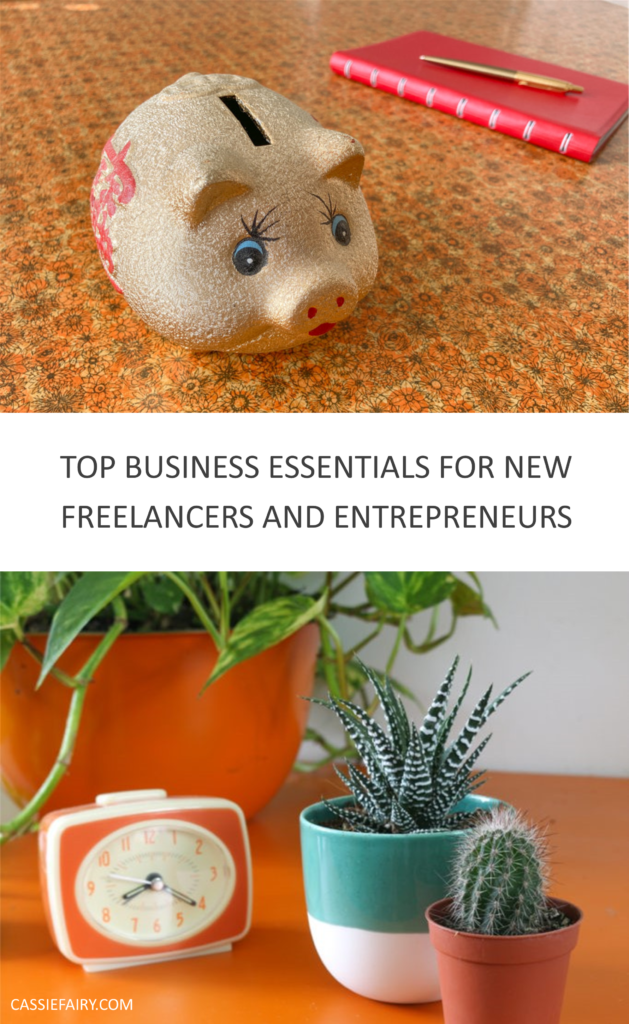
This article is a sponsored collaboration. The pink links in the content indicate a sponsored link or information source. The blog post reflects my own experience and the sponsor hasn’t had any control over my content 🙂








